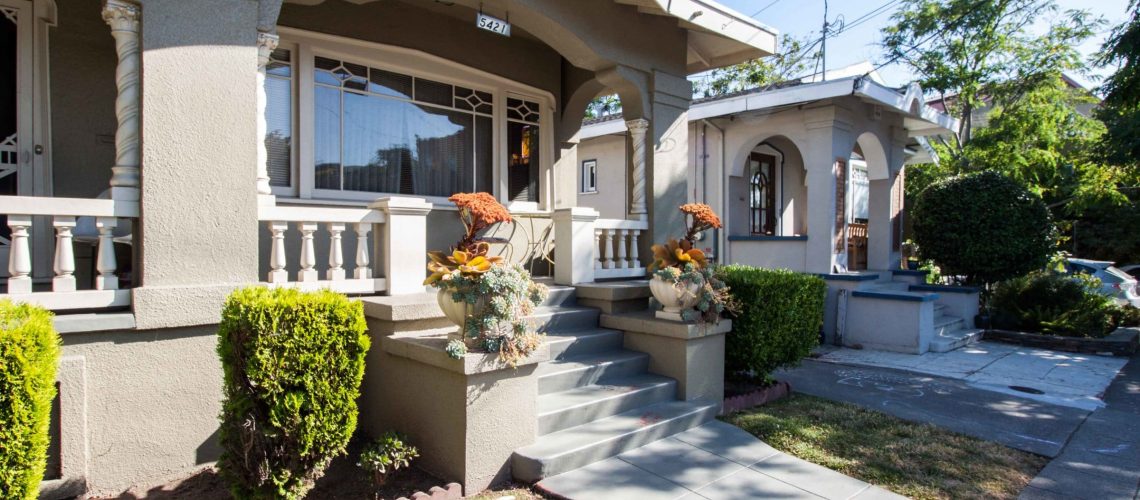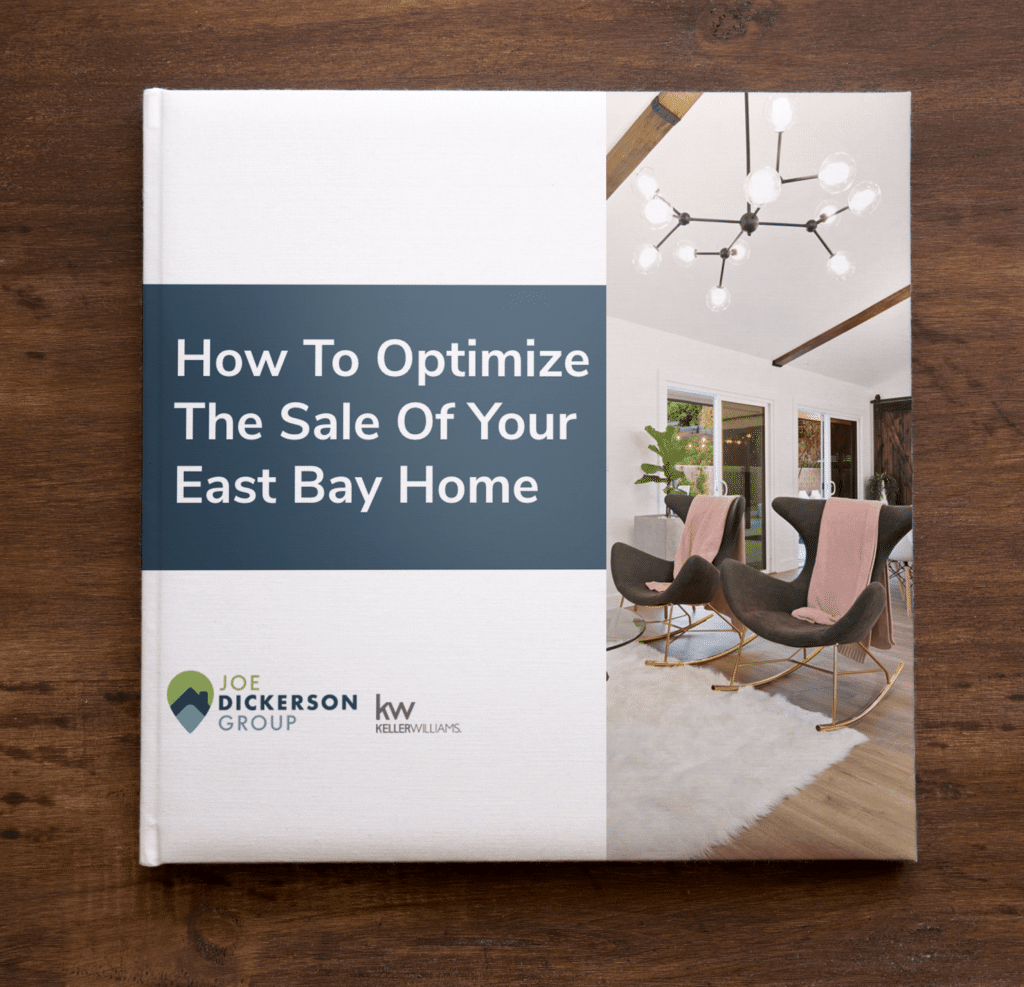We have a passion for helping people build wealth through real estate and focus on educating our clients to enable them to make the most thoughtful decisions possible. In this blog, we’re going to talk about how to value a property that you’re considering buying; what to consider when looking at all the automated valuation tools out there; and what other factors should be considered when coming up with an offer price.
If you’ve been following the market in the bay area, you’re probably aware that it’s a very competitive market, with houses often selling for well over the list price. It’s not uncommon in parts of Oakland in particular to see homes sell for nearly 50% over their asking price. So if the list price isn’t an indication of its actual value, what is?
Real estate is a special commodity in that each and every piece is unique. No house is exactly the same as another. There’s always variations, whether that be in layout, finishes, location, orientation, and hundreds of other attributes. When we’re looking to determine what a home is likely to sell for, we’re taking these hundreds of unique attributes and comparing them to other sales.
This process is called a comparative market analysis. We’re looking at sales that were recent, nearby, and similar in size and quality. If the property in question is a 2 bedroom home with 1000sqft of living space, we’re going to aim to compare it with other 2 bedroom homes. We may find that looking at the last several sales of 2 bedroom homes give us a fairly precise idea of value within 10 thousand dollars or so, or we may find that the recent sales cover a huge range of values. Maybe one sold for $699K, one for $750K and one for $810K. In this case, we need to figure out what caused the variance in prices amongst the comparable sales. From there, ideally we can make adjustments to each until we land on a fairly narrow range for a probable value for the property in question.
In honing in on a fair value, it’s important to look beyond the data, the size, the room count, etc. Is the property in question near a freeway? Or was one of the comparable sales next to a gas station? Did one of them need a new foundation? All these things need to be accounted for and reconciled when coming up with a fair value.
Of course, each house is worth exactly what a buyer is willing to pay for it. This means that even though we may land on a narrow range, you may determine that it’s not worth that much to you. Or maybe you determine it’s worth much more.
We’re in a market where many of the listings are seeing multiple offers all competing against each other. In these cases, it’s often necessary to offer at a price more than what comparable sales may indicate in order to secure the property. This is exactly the cause of the bidding wars we’ve all heard so much about that the bay area has become known for.
You may also be wondering how the estimated values that show up on various websites compare with actual value. I’ve written on this topic before and you can find that article here. Essentially, these automated valuations are just that: automated. They don’t do well with subjective data, such as views and quality of finishes. They also can’t see in the homes and haven’t read the reports to understand the condition of the property.
So the end result is that automated valuations, like what you find on Zillow, can range anywhere from perfectly on point to wildly inaccurate. There’s no harm in looking at these automated valuations as one piece of data to guide you towards a result. Just don’t assume that they have any degree of accuracy.
Now we’ve covered how to come up with a fair price range for a property and what to consider when looking at automated valuations online. Before we go, I’d like to talk about a few things that could help narrow down the price range we arrive at for any given property.
In Oakland and much of the east bay, it’s common for sellers to review all offers on the same day. In the lead up to the offer date, I spend time working with the seller’s agent to determine what they’re expecting to happen on the offer date. Some of the metrics we can use together to determine what the competition may do are 1) the number of disclosures requested; 2) the number of showings scheduled 3) the number of offers in hand and 4) the number of offers expected.
If it’s determined to be a VERY competitive situation, it often means a better offer–and often a stellar offer– is required to secure the property.
Do you rely on automated valuations more than you know you should? Are there other attributes you’re more focused on when determining value compared with other homes in the neighborhood? Let us know!



